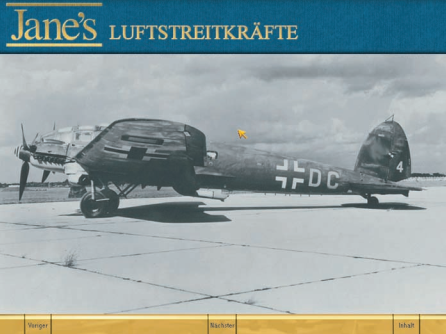- 签证留学 |
- 笔译 |
- 口译
- 求职 |
- 日/韩语 |
- 德语
In other cases, developers or their distributors have replaced red blood with green, introduced adjustable "gore settings (sometimes with password-controlled parental lock-out functions) or even replaced human opponents with robotic ones (with considerable repercussions for the plot) in order to avoid legal restrictions: "In the original ‘Command & Conquer' game, enemy soldiers were turned into robots in the German version. Instead of blood, they spurted oil. In 'Grand Theft Auto: Vice City, victims in Germany don't bleed and body parts can't be severed" (Pham and Sandell 2003).
This, in turn, has created a movement among fans to reverse these changes in the localized versions by means of so-called "bloodpatches," i.e., small programs that unlock the blood and violence levels present in the US version of the game. Aside from violence, national ratings boards also focus on sexually explicit content, abusive language and depictions of drug use in games. The University of Oxford's Programme in Comparative Media Law and Policy has produced a whitepaper entitled, "Electronic Game Industry Self-Regulation: Comparison of American ESRB, British VSC and Dutch NICAM Codes," which provides a good overview of various European approaches to these issues.
In other cases, cultural references may have to be changed to make the game understandable for the target market. In their article "Nudity in games OK, but blood verboten in Germany," Pham and Sandell report that Nintendo of America spent six months on
Cultural changes may also be necessary when localizing historical games, as was the case during the German localization of Jane's WW2 Fighters, a flight simulation set in 1944. In order to comply with German laws prohibiting the display of the Nazi swastika, the developer not only replaced the swastikas on the fins of in-game airplanes, but also electronically erased them in various examples of historical footage provided as background to the action of the game (the Battle of the Bulge), as can be seen in Figure 2.
converting a single Japanese game, "Animal Crossing," for the U.S. market. Hundreds of characters in the game had to be given new names. Holidays that were peculiarly Japanese, such as White Day on March 14 when Japanese girls give gifts to boys, were rooted out and American holidays were added, including Thanksgiving and the Fourth of July (Pham and Sandell 2003).

Figure 2. Photo of a He-111 without swastika on fin.
Jane's Combat Simulations.
责任编辑:admin
